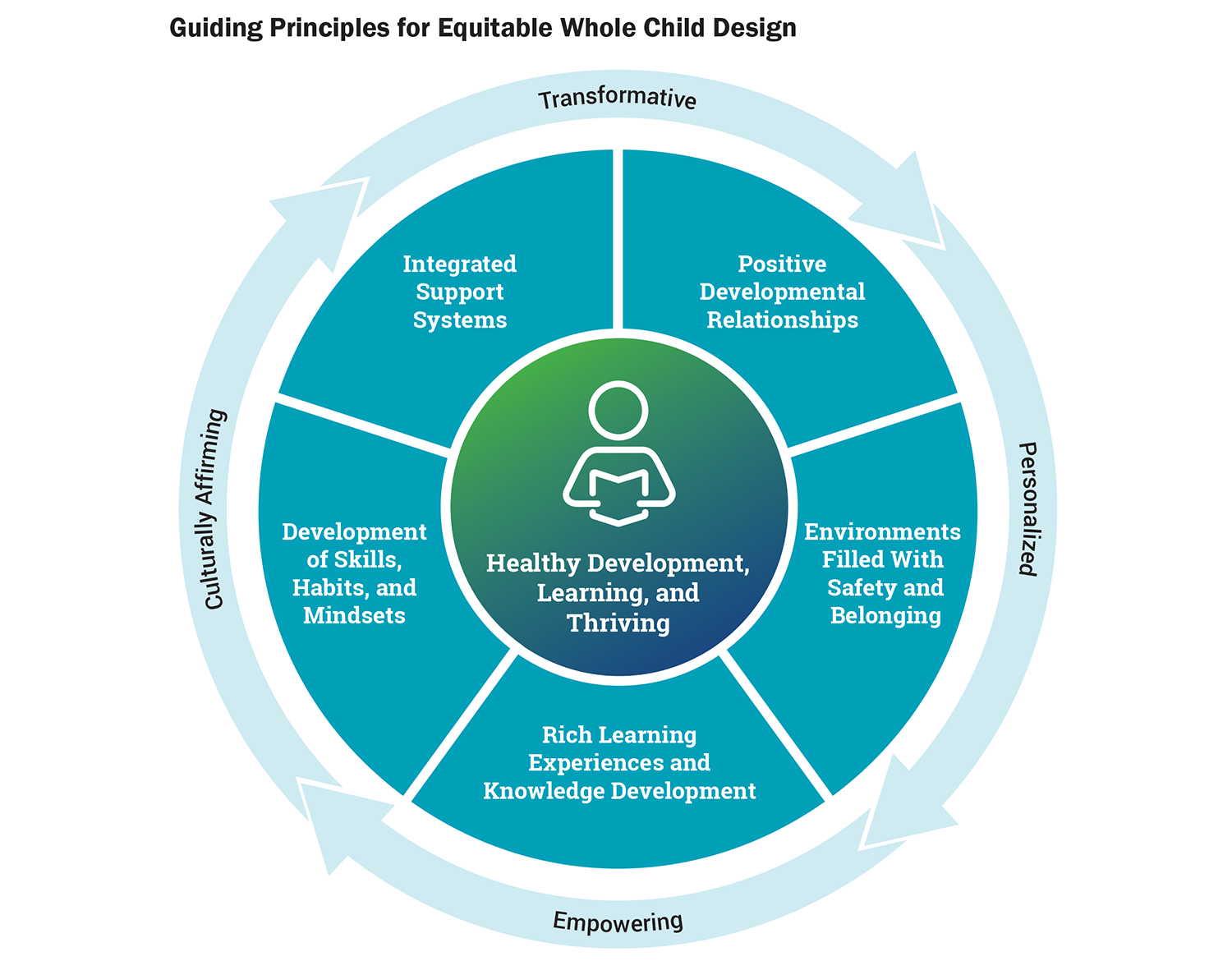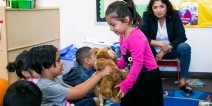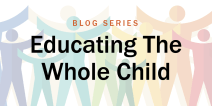
Whole Child Education
Breadcrumb
Decades of research have demonstrated the need for education strategies that recognize the connections between children’s social, emotional, cognitive, and academic development, as well as their physical and mental health.
A whole child education prioritizes the full scope of a child’s developmental needs to ensure that every child reaches their fullest potential. A whole child approach understands that students' education and life outcomes are dependent upon their access to safe and welcoming learning environments and rich learning experiences in and out of school.
Shifting toward a whole child education has far-reaching implications for the education system. Evidence-based whole child strategies include designing relationship-centered learning environments; developing curriculum, instruction, and assessments for deeper learning; providing integrated student supports; preparing educators for whole child practice; and shifting to a systemic approach to policymaking to support every child.

Further Reading
-
Designing Whole Child Environments
-
Redesigning High Schools: 10 Features for Success (
interactive report
) -
Design Principles for Schools: Putting the Science of Learning and Development Into Action (
interactive report
) -
Social Justice Humanitas: A Community School Approach to Whole Child Education (
report and brief
) -
Teaching the Way Students Learn Best: Lessons from Bronxdale High School (
report and brief
) -
What the Four Pillars of Community Schools Look Like in Action (
infographic
) -
Educating the Whole Child: Improving School Climate to Support Student Success (
report and related materials
)
-
-
Preparing Educators for Whole Child Practice
-
Preparing Teachers to Support Social and Emotional Learning: A Case Study of San Jose State University and Lakewood Elementary (
report and related materials
)
-
Changing Policy and Systems for Whole Child Practice
-
Community Schools Impact on Student Outcomes: Evidence From California (
report and related materials
) -
Evidence for Social and Emotional Learning in Schools (
report and brief
) -
Making ESSA's Equity Promise Real (
interactive map
) -
Whole Child Policy Toolkit (
interactive report
)
-
Educating The Whole Child
This blog series explores research, policy, and practices to support students' healthy social, emotional, and academic development.








